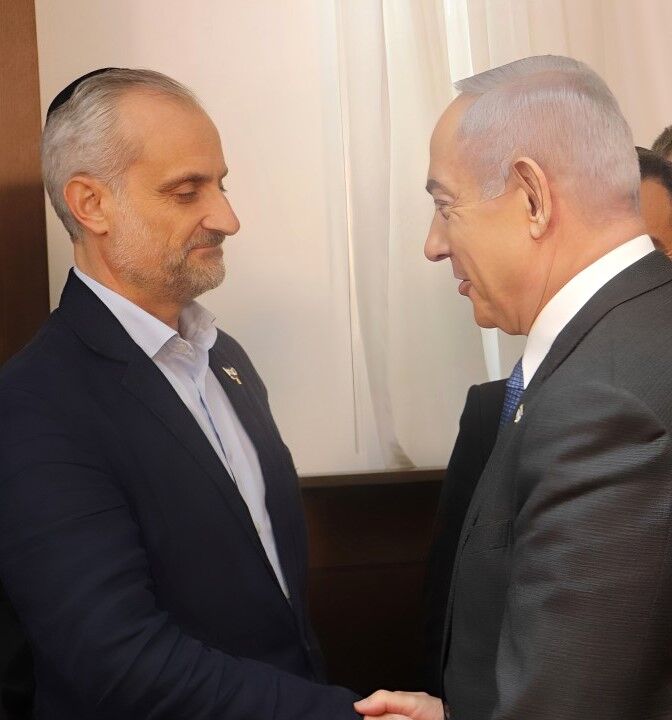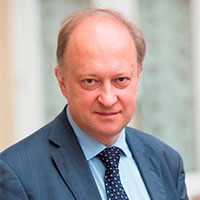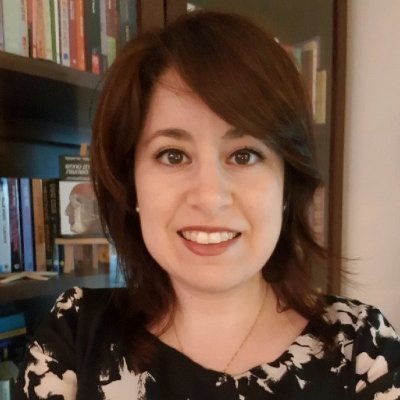You have previously been critical of Prime Minister Benjamin Netanyahu and suggesting that it was time for him to step down. However, in light of the current war with Iran, you have argued that he has reached his “Churchillian moment” and is fulfilling his historic mission. How would you justify this position given the present circumstances?
Indeed, I have criticized Netanyahu in the past for trying to stay in power at any cost despite the loss of his parliamentary majority in 2019. This led Israel to four consecutive rounds of elections. I wrote at the time that, even though I considered Netanyahu’s overall record to be positive, it was not positive enough to justify his re-election. I was critical of his handling of Hamas in Gaza, of the lack of reforms on domestic issues (such as judicial overreach and the cost of living), and of the fact his rhetoric did not match his actions on the Iranian threat. His handling of the war has proven me wrong, and I gladly admit my mistake. I used to roll my eyes when his admirers would compare him to Winston Churchill. Since the 13th of June 2025 (when Israel launched massive strikes against Iran’s military targets), the comparison has become justified and well-deserved.
Most Western intelligence agencies maintain that Iran has continued to pursue an active nuclear weapons program since 2003. Israel, meanwhile, has repeatedly stated that it will not permit Iran to acquire nuclear weapons and has, thus far, succeeded in preventing this outcome—though this success is not necessarily permanent. Given these realities, some analysts argue that only regime change in Iran can truly eliminate the recurring threat to Israel’s security. What is your perspective on this?
It is certainly regime change that turned Iran from a partner to an enemy. Before the Islamic revolution of 1979 Iran and Israel had close relations. There were direct flights between Tehran and Tel Aviv, Iran supplied Israel with oil, and Israel supplied Iran with intelligence and military technology. The messianic Shia regime that took over in 1979 developed an obsession with Israel. It spearheaded terrorist attacks against Jewish and Western targets around the world, and it built a “ring of fire” to encircle Israel. It also developed a military nuclear program with the declared aim of wiping Israel off the map. So as long as this regime is in place, its attitude will not change. Israel had no issue with the Iranian people. On the contrary, Jews and Persians are among the oldest people in the Middle East. It was a Persian king, Cyrus, who allowed the Jews to return to their land and to rebuild their temple in 539 BCE.
Global politics appears to be entering a new era reminiscent of the “Cold War,” with countries rallying support from their respective allies. For instance, Tehran enjoys strong backing from both China and Russia. Following the launch of “Rising Lion,” China promptly condemned the action, labeling it an infringement of Iran’s sovereignty by Israel. Since the onset of the war in February 2022, Ukrainian sources claim that Russia has deployed more than 8,000 Iranian-manufactured Shahed drones. In this context, the conflict seems likely to become prolonged. How do you assess this situation, especially in terms of China’s involvement?
China has a policy of challenging American power. Hence its support for Russia and for Iran –two countries that cooperate militarily in their respective wars of aggression. China has been literally buying the support of countries from the so-called “global south” to produce a de facto pro-Chinese majority at the UN General Assembly. It is telling that Muslim countries such as Pakistan, which heavily depend on China militarily and economically, never criticize Beijing over its repression of the Muslim Uighur population in the Xinjiang region. As for China’s condemnation of Israel’s strikes against Iran in the name of sovereignty, this is rich coming from a country that occupies Tibet and threatens the sovereignty of Taiwan. Israel is acting in self-defense against Iran, and China’s condemnation was extremely disingenuous.
Israel has come under criticism from a number of countries outside the Middle East for its war against Hamas, with some groups even accusing it of genocide. Pro-Palestinian factions remain active and influential globally, including in my own country, Sri Lanka. How would you respond to these criticisms? As an Israeli expert, what message would you like to convey to the international community?
First of all, there is no such a thing as “the international community.” It is an oxymoron. To have a community you need common values and interests, which is not the case among all 193 UN members. There are certain common values and interests among Western democracies, but hardly beyond. As for the accusation of “genocide” it is a malicious defamation orchestrated by Israel’s enemies and funded by Qatar. South Africa brought the genocide case against Israel at the ICJ (International Court of Justice) after its president Cyril Ramaphosa came back from Qatar and publicly embraced Abdul Rahim Dagalo, who has been accused by the United States of committing a genocide in Sudan. Israel has been forced into a war of self-defense against the Hamas jihadists after they perpetuated the worst massacre, with genocidal intentions, against the Jewish people since the Holocaust. The definition of genocide includes the explicit intention of eliminating a people. Israel has no such intention in Gaza or elsewhere, which is why it conducts the war while abiding by international humanitarian law, including by supplying food to the local population. Proportionally, Israel has not made more collateral victims in its just war of self-defense in Gaza than NATO forces when they fought Islamic State in Syria and in Iraq.
Dr. Emmanuel Navon is an international relations expert who teaches at Tel Aviv University and at the Herzliya Interdisciplinary Center. He is also a senior fellow at the Jerusalem Institute for Strategy and Security (JISS) and at the Kohelet Policy Forum, and a senior analyst for i24news, an Israel-based international TV channel. Navon is the author of four books, most recently The Star and the Scepter: A Diplomatic History of Israel (Jewish Publication Society and University of Nebraska Press, 2020).
Previously, Navon served as CEO of ELNET-Israel (the Israel office, and central hub, of the largest pro-Israel organization in Europe); as head of the Political Science and Communication Department at the Jerusalem Haredi College (affiliated to Bar-Ilan University); as founding partner of the Navon-Levy Group (a consultancy that promoted Israeli agricultural and energy projects in sub-Saharan Africa); as CEO of BNIC (an NGO that trained Israeli business leaders in diplomatic advocacy); and as consultant with ARTTIC (a leading European consulting firm specialized in R&D funding)




